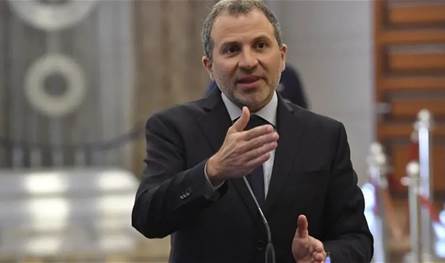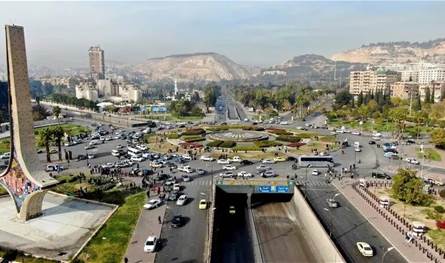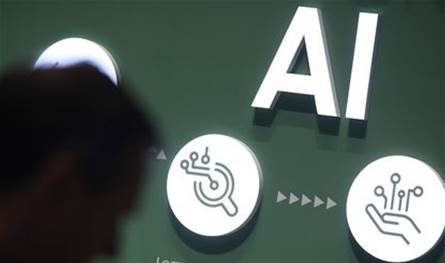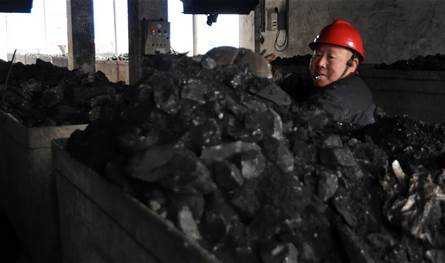With two minds host the round table for the Resolution project
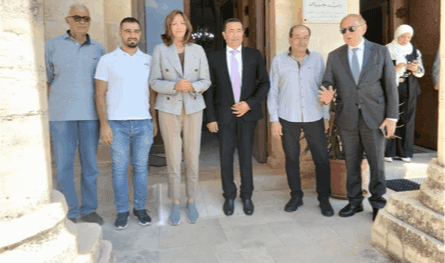
In a prominent event that reflects the trend towards the sustainability of resources in Lebanon, the Faculty of Agriculture and Food Science at the American University of Beirut organized in cooperation with the Al -Shouf Cedar Reserve and the Resolution project, a round table in the National Library – Baqin, which was devoted to launching the interactive map and the tool for supporting artificial intelligence, with the aim of promoting the understanding and management of biological bonding between water, energy and food in light of the challenges of climate change.
A crowd of prominent figures from the public and private sectors, presented by the Minister of Agriculture, Dr. Nizar Hani, represented by his office manager, Mr. Samer Khund, MP Dr. Farid Al -Bustani, Mrs. Nora Jumblatt, member of the administrative body in the Arouf Rice Reserve, along with the director of the National Library in Baqin, Mr. Ghazi Saab, and Dr. Shadi Hamada, Director of the Environment and Sustainable Development Unit at the American University of Beirut. Representatives of the municipalities, civil societies, agricultural cooperatives, a number of farmers and experts in the fields of water, energy and food also attended, which gave the meeting a participatory dimension that combines decision makers, local community and scientific expertise.
“We are pleased to meet today about one goal: drawing a more flexible and sustainable future for the Chouf region. The Resolution project is not just a research platform, but a practical initiative that puts in our hands advanced tools, such as the interactive map and the tool of artificial intelligence, to support good planning and manage resources efficiently. Daily in agriculture, water management, and the cost of production. She pointed to examples of field practices adopted by the Chouf Cedar Reserve in partnership with farmers, including: • Smart irrigation systems and rainwater harvesting to reduce waste and ensure sustainability.
• Enter solar energy in operating irrigation facilities to reduce costs and reduce emissions.
Converting pruning into a BRIQUETTES as a model for waste management and achieving energy sustainability.
• Empowering rural women through agricultural production programs and food industrialization.
She emphasized that these experiences show how local societies, by combining traditional knowledge and innovation, can develop practical solutions that can be applicable in Lebanon and other regions. The message of the Minister of Agriculture: The correlation is the basis of national policies from his side, the representative of the Minister of Agriculture, Dr. Nizar Hani, the director of his office, Mr. Samer Khund, delivered a speech in which he stressed:
“The interconnection between water, energy and food is not an option but rather a necessity, because it affects the essence of our food, water and ethical security, and it constitutes a pillar of sustainability in the face of climate challenges.” Khond presented the most prominent ministry’s programs that meet with the RSOLVE goals, the most important of which are: 1. Smart Agriculture Program is climatic to reduce water and energy consumption and encourage investment in solar energy.
2. The National Agricultural Water Resources Management Plan to improve irrigation efficiency and water infrastructure.
3. The project to shift towards sustainable production that integrates soil protection and preserving forests while raising productivity.
4. Promote agricultural diplomacy and research partnerships to ensure technology in the service of farmers.
He affirmed the ministry’s commitment to integrate the project’s outputs in national plans, especially in the sustainable water management, to combat forest fires, and expand the agriculture. Inclusion of climate change. The reference of the interactive map and the launch of the discussion was presented by Dr. Shadi Hamada, Director of the Environment and Sustainable Development Unit (ESDU), a detailed presentation on the goals of the Resolution project and its new tools, explaining that the interactive map will allow farmers and municipalities to analyze local data, compare scenarios, and take decisions based on accurate scientific data instead of estimates. It dealt with the historical and cultural importance of the National Library in Baqen, which turned from prison to cultural edifice thanks to Walid Jumblatt’s efforts, considering that hosting this event in this symbolic place reflects the value of knowledge in supporting sustainable development. A closing message concluded the session by calling for the transformation of data into actions, and strengthening the partnership between the state, civil society and the academic sector, in a manner that ensures the transition from planning to implementation to achieve water and food security and integrated energy in Lebanon, with a focus on adaptation with the change of climate to enhance the ability of societies to withstand.
The post With two minds host the round table for the Resolution project APPEROD First on 961 tobay Lebanon today.





